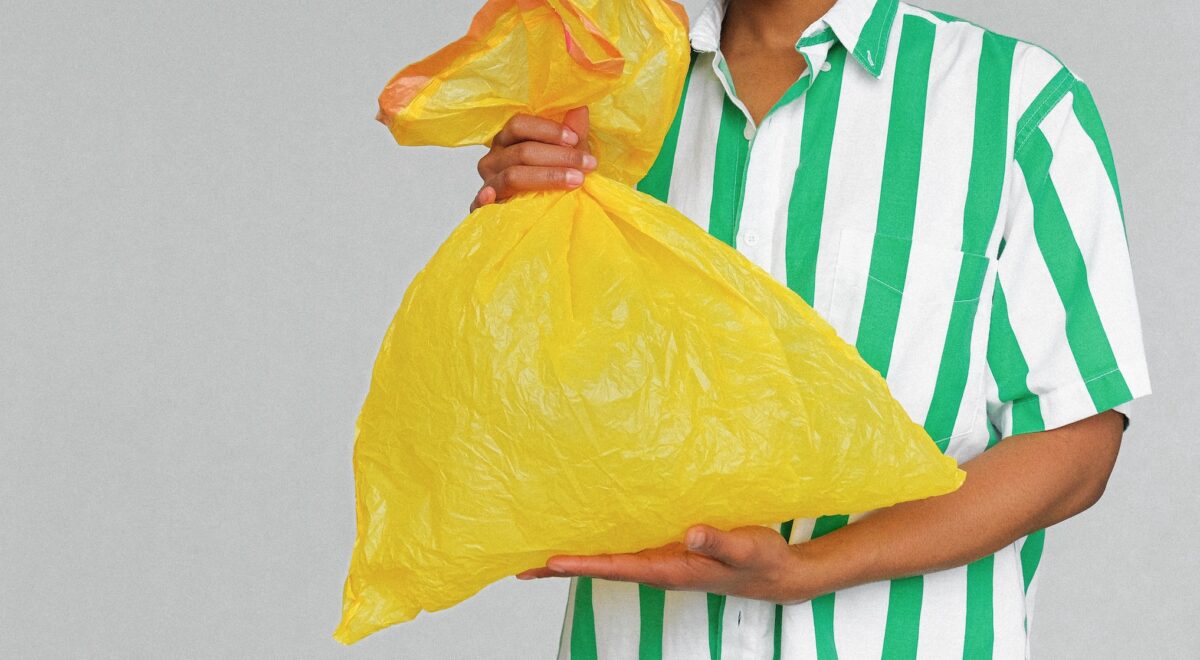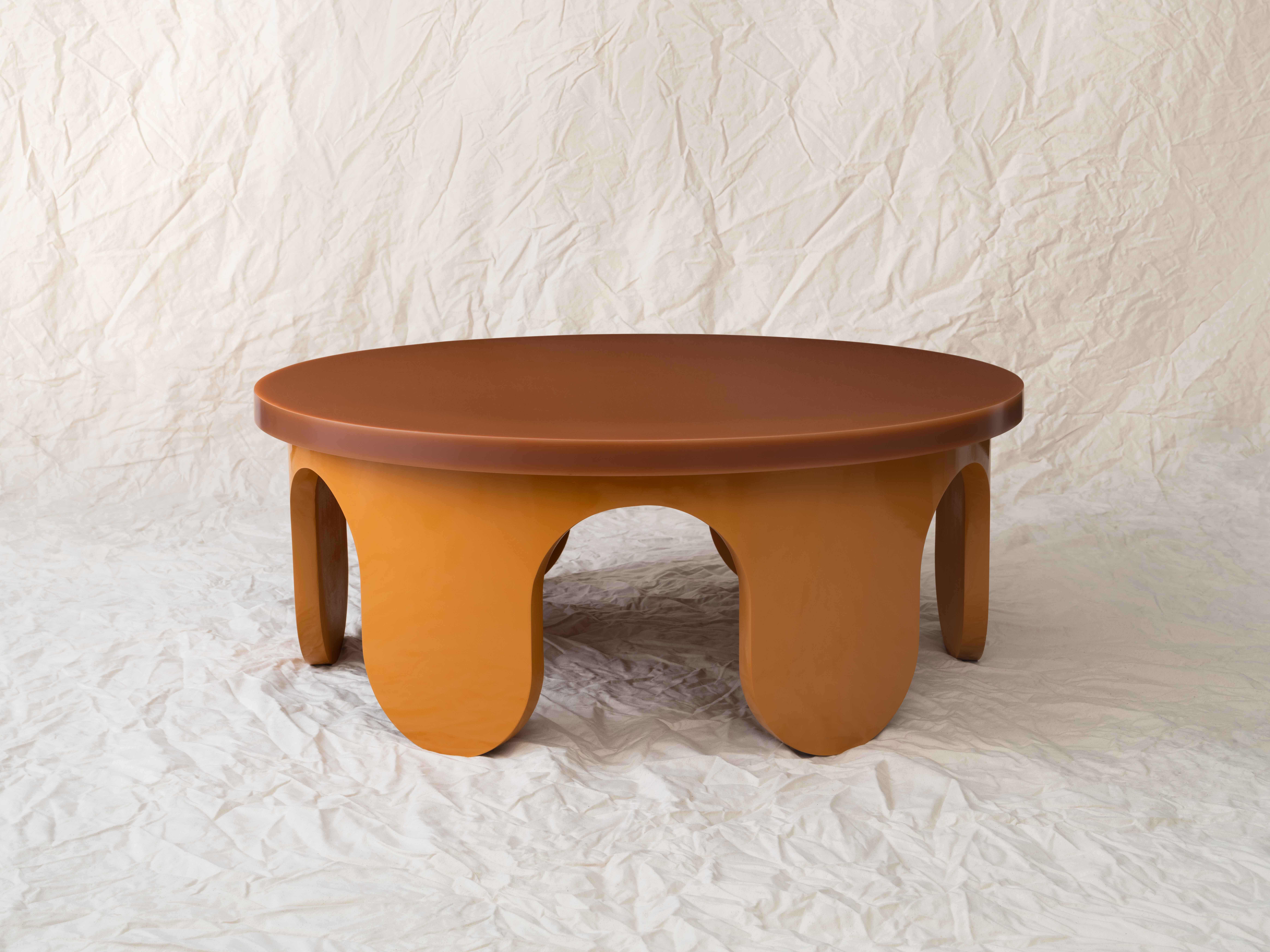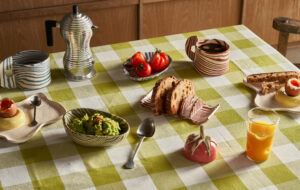Its design proved so universal – and disposable – that it’s now facing bans. But, asks Tara Okeke, was this the future the bag’s Swedish inventor expected?

March 2022 marked the opening of Plastic: Remaking Our World at the Vitra Design Museum in Germany. Billed as an unpacking of the ‘utopian appeal’ of, arguably, the world’s most contested material, the exhibition comes hot on the heels of Waste Age: What can design do? at London’s Design Museum and The Waste Refinery at Singapore’s National Design Centre.
That makes for three plastic-centric or plastic-adjacent design exhibitions within the space of a year. Each show was conceived to grapple with, to varying degrees, the impact of the mass-produced material world – primarily plastics – on design culture, consumer choice and the climate.
The environmental sociologist Rebecca Altman recently wrote in The Atlantic: ‘At no other juncture in its history […] has plastics faced the scrutiny it does now.’ Altman’s assessment of this moment – indirectly – frames the aforementioned exhibitions as Very NowTM and veritably inevitable; my own assessment skews facetious: two’s a coincidence, three’s a trend.
Read more: Meet the practice developing photosynthetic textiles
This year marks the 60th anniversary of the filing of the patent of plastic’s most innocuous, but worst offending, by-product: the shopping bag. Created by Swedish engineer Sten Gustaf Thulin in 1959 – with the patent officially granted in 1965, three years subsequent to its filing – this (until recently) staple of our supermarkets and (grimly, still) our seas did not win the hearts and minds of shoppers immediately.
Many were sceptical of the polyethylene contraption’s load-bearing credentials, and it was not until 1979 that the ‘bag with handle of weldable plastic material’ laid claim to an overwhelming majority share of the European bag market. In the UK, despite the introduction of the single-use carrier bag levy in 2015 – and the significant inroads to waste reduction said levy made possible – reported circulation of plastic shopping bags in the country was still as high as 594 million between 2019 and 2020.
The problem with plastic bags is, unfortunately, part of what makes them so enduring: while far from mute as a designed object – a surface manipulation process called, of all things, a corona treatment makes ink transfer, adherence and, thus, customisation of these bags a breeze – they are tacit responses to a neoliberal culture of individualised ease. They can be populist.
Read more: The Swedish creatives at the forefront of sustainable thinking
They literally cost pennies. They will be there for the taking whenever you need or want. But, as Altman goes on to opine: ‘Most people in most cases have little say over the volume of plastic packaging in their lives.’
In a 2019 BBC interview, Thulin’s son, Raoul, claimed his father’s invention was never intended to be single-use and – devised, as it was, to stem the appalling deforestation rates and exorbitant water consumption necessitated by paper bag production – regarded it ‘bizarre’ that people have individually, and collectively, taken the single-use approach to something so obviously reusable.
In the edit, Raoul’s words were extrapolated – mapped onto the proliferation of climate anxiety and, in turn, the power of clickbait – and, now, his claim was that plastic shopping bags were invented to ‘save the planet’.
Read more: Matter by Norwegian Presence to showcase emerging talent at Milan Design Week 2022
Suddenly, plastic bags were in league with Flubber, the miraculous material substance at the heart of the 1997 film of the same name: created for all possible good but with the distinct potential for world-breaking chaos.
I laughed. I am not good for that. But, then, let he who is without single-use sin – he who has bypassed these carriers of individualised fantasies, taking us from the market to the manor, from the cradle to the grave – cast the first stone. I will wait.
Photography by Pexels, Anna Shvets
Get a curated collection of design and architecture news in your inbox by signing up to our ICON Weekly newsletter


















